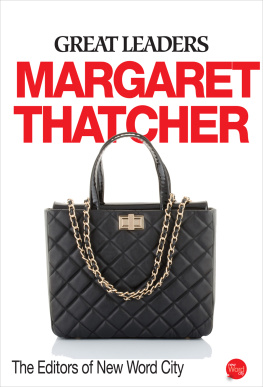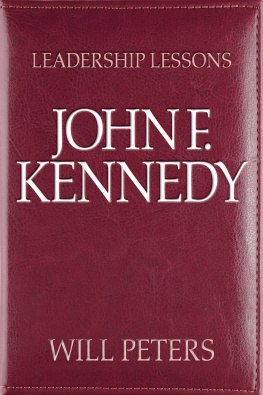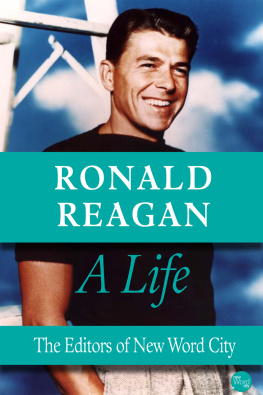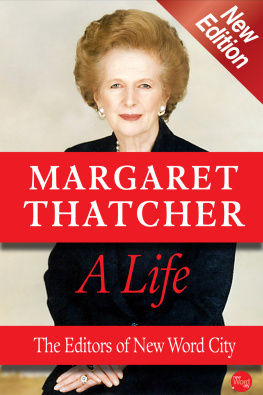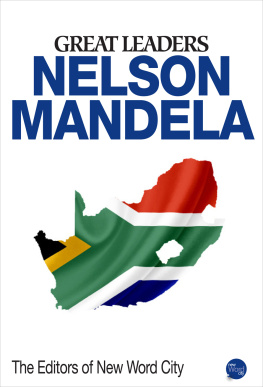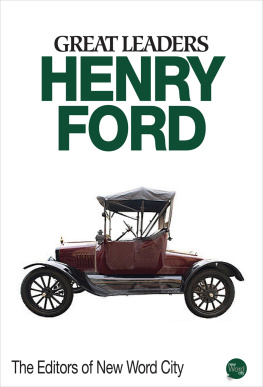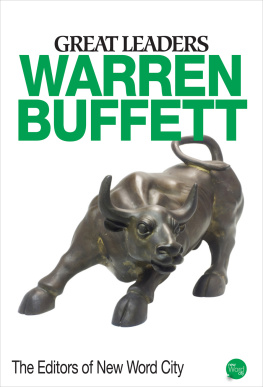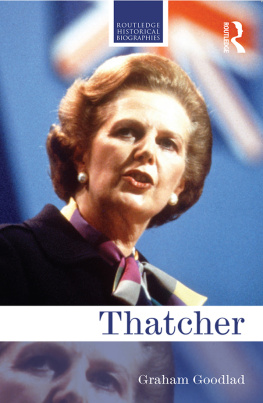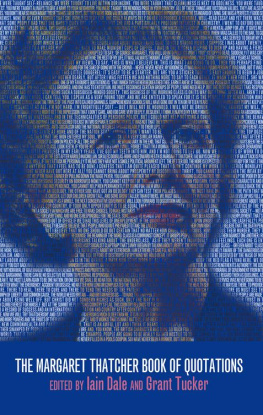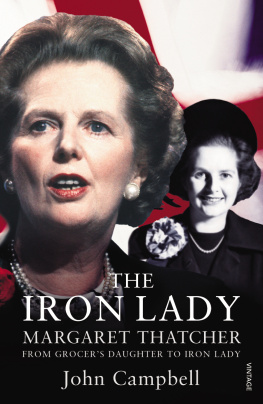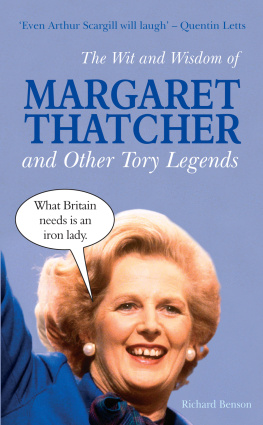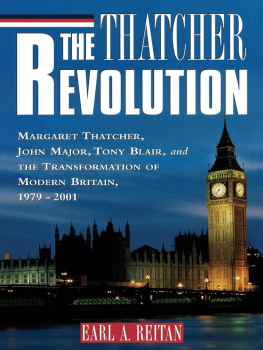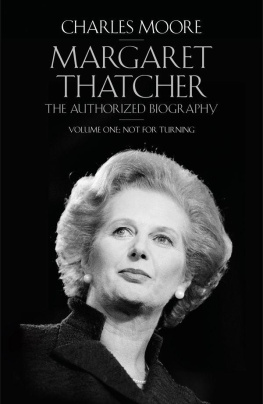The Editors of New Word City - Margaret Thatcher
Here you can read online The Editors of New Word City - Margaret Thatcher full text of the book (entire story) in english for free. Download pdf and epub, get meaning, cover and reviews about this ebook. year: 2013, publisher: New Word City, genre: Non-fiction. Description of the work, (preface) as well as reviews are available. Best literature library LitArk.com created for fans of good reading and offers a wide selection of genres:
Romance novel
Science fiction
Adventure
Detective
Science
History
Home and family
Prose
Art
Politics
Computer
Non-fiction
Religion
Business
Children
Humor
Choose a favorite category and find really read worthwhile books. Enjoy immersion in the world of imagination, feel the emotions of the characters or learn something new for yourself, make an fascinating discovery.
- Book:Margaret Thatcher
- Author:
- Publisher:New Word City
- Genre:
- Year:2013
- Rating:4 / 5
- Favourites:Add to favourites
- Your mark:
- 80
- 1
- 2
- 3
- 4
- 5
Margaret Thatcher: summary, description and annotation
We offer to read an annotation, description, summary or preface (depends on what the author of the book "Margaret Thatcher" wrote himself). If you haven't found the necessary information about the book — write in the comments, we will try to find it.
Revered by many, reviled by some, Margaret Thatcher was respected, if grudgingly, by all for the strength of her character and the strength of her convictions. She is one of the twentieth centurys seminal figures, and her legacy is indelible. Here, in this short-form book, is the story of her life and career along with lessons for every leader.
The Editors of New Word City: author's other books
Who wrote Margaret Thatcher? Find out the surname, the name of the author of the book and a list of all author's works by series.
Margaret Thatcher — read online for free the complete book (whole text) full work
Below is the text of the book, divided by pages. System saving the place of the last page read, allows you to conveniently read the book "Margaret Thatcher" online for free, without having to search again every time where you left off. Put a bookmark, and you can go to the page where you finished reading at any time.
Font size:
Interval:
Bookmark:
On Monday, May 31, 1982, British Prime Minister Margaret Thatcher sat in her office at 10 Downing Street, wrestling with the greatest crisis of her career. In came an aide, alerting her to an urgent phone call from American President Ronald Reagan. As the two leaders spoke, British troops were engaged in a messy war 8,000 miles from London, on the tiny Falkland Islands in the South Atlantic. Two months earlier, Argentina had invaded the islands, over which both countries claimed sovereignty. Britains counterattack had ignited cries of colonialism from Latin Americas left, complicating U.S. efforts to support some of the regions rightist regimes. Reagan asked Thatcher to call a cease fire and resolve the dispute diplomatically.
Thatcher and Reagan were devoted friends and allies; his views usually carried enormous weight with her. That afternoon, however, Reagan was no match for Thatchers determination to do what she felt was best for her country.
Suppose Alaska was invaded, she said heatedly. Now youve put all your people up there to retake it, and someone suggested that a contact could come in. You wouldnt do it.
No, no, Reagan replied. Although, Margaret, I have to say I dont think Alaska is a similar situation...
More or less so, she snapped. I didnt lose some of my best ships and some of my finest lives to leave quietly under a ceasefire without the Argentines withdrawing.
No, indeed.
When the unpopular junta of General Leopoldo Galtieri decided to seize the Falklands in an attempt to restore national pride and divert the Argentine peoples attention from an ongoing economic crisis, Thatchers military advisers counseled restraint. But Thatcher was deeply offended by this attack on British sovereignty. She sent British troops, aircraft, and warships, including a hastily refitted Queen Elizabeth II, to face the greatest navy in South America and Argentinas formidable air force. Thatchers outnumbered troops were fighting hand-to-hand to reclaim the islands. Five British warships had been sunk, and victory was by no means in hand.
Reagan noted that his plan called for Galtieris troops to abandon the islands. Once again, Thatcher dismissed his argument, and Reagan grew ever more defensive: Margaret, but I thought that part of this proposal... Margaret, I... Yes, well... Well, Margaret, I know that Ive intruded, and I know how...
Youve not intruded at all, and Im glad you telephoned. Click.
Ronald Reagan had just come up against one of historys foremost immovable forces: Margaret Thatchers determination to do what she felt was in Britains best interests. During her long and at times controversial political career, her integrity and her belief in and love for her country were never questioned even by her most ardent enemies.
As for the Falklands War, Argentina surrendered two weeks later. Within days of his defeat, Galtieri was booted from office. The following year, democracy returned to Argentina. (Interestingly, both nations still claim sovereignty over the islands, but they have put the issue aside, at least for now.)
The military victory was just what the dispirited Brits beaten down by a prolonged economic crisis of their own needed. Patriotic pride swept the nation. Two years into her tenure as prime minister, the Iron Lady had proven what she was made of. Thatchers popularity at home skyrocketed, and her Conservative government won a resounding victory in the 1983 elections.
While the Falklands War demonstrated Thatchers courage and faith in her nation, it also showcased her formidable political skills. When the war began, her economic policies, which were centered on austerity and reigning in the powerful unions, seemed to be failing, and her approval rating had dropped to as low as 23 percent. Fully a quarter of Britains manufacturing plants had gone dark. Unemployment was at levels unseen since the Great Depression. Riots were convulsing the main cities. Thatchers government faced a Parliamentary vote of no confidence. Then came the Falklands War. She used it to rally the British people and make herself a symbol of all that was great, strong, and lasting about her proud nation. When the Argentines surrendered on June 14, 1982, vast crowds gathered in London to hail Thatcher and sing Rule Britannia.
No one would argue that Thatcher wanted the war. But when it was thrust upon her, she seized the opportunity it presented. This is leadership writ large.
Margaret Thatcher was always impeccably dressed, favoring suits and pearls, and her stately bearing she stood a petite five feet five inches was equal parts example and admonition. The point she was conveying was as loud and clear as the bells of Westminster Abby: I am a force to be reckoned with.
And reckon she did. Its no exaggeration to say that Thatcher remade Britain in her own image. She deregulated industry, brought the unions to their knees, privatized state-owned enterprises, and teamed up with Reagan to fight global communism and win the Cold War. Her courage was remarkable and her character larger than life. She was a woman who brooked no fools, and her tongue could be rapier sharp. She once admonished Canadian Prime Minister Pierre Trudeau, Pierre, youre being obnoxious. Please stop behaving like a naughty schoolboy.
Thatcherism, as her ideology was known, came at a short-term cost in unemployment and economic hardship, but her extraordinary confidence played a large role in reviving her countrys spirit and fortunes and forever changed the economic and political landscape. The Labour governments that followed made no effort to undo her accomplishments. Prime Minister Tony Blairs chief strategist put it best, We are all Thatcherites now.
The town of Grantham sits ninety-one miles north of London in eastern England. Its a nondescript, even slightly dreary place, home to approximately 35,000 souls. Proudly middle-class, Granthams politics have long run to the right, and it is best known for two events: In 1914, it became the first place in England to allow women to become police officers. And on October 13, 1925, Margaret Hilda Roberts was born there.
Margarets father Alfred owned two grocery shops in Grantham, and the family lived in a flat over one of them. He was involved in local politics and his church, serving as an alderman and Methodist lay minister. The family fell squarely in the middle of Britains rigid class system, and Albert believed a successful life was built on a foundation of hard work, self-reliance, and rectitude. Young Margaret was imbued with these values and raised as a strict Methodist; her first forays into public speaking were in church.
In her 1995 autobiography, The Path to Power, Thatcher writes touchingly - and revealingly - of her childhood. She brings 1930s rural England vividly to life: the rituals of school and church and afternoon tea, her pride in her fathers shops with their mahogany spice drawers with burnished brass handles, holidays at the seashore with concerts at the end of the pier, her love of Gilbert and Sullivan and Rudyard Kipling.
Margaret adored her father, whose life was a continuous exercise in self-improvement. He managed his shops and finances with brisk efficiency, was a pillar of the Rotary Club, and rose to become Granthams mayor. Years later while discussing her father on a television show, her voice cracked with emotion. Tellingly, The Path to Power makes scant mention of Margarets mother or her older sister Muriel.
After finishing primary school, Margaret won a scholarship to Kesteven and Grantham Girls School, saying later, People from my sort of background needed Grammar schools to compete with children from privileged homes. She worked hard; her extracurricular activities included piano, field hockey, poetry recitals, and swimming. She was head girl in the 1942-to-1943 school year. When the headmistress congratulated her luck in winning a poetry-reading contest, Margaret replied, I wasnt lucky. I deserved it. Margaret applied for a scholarship to study chemistry at Somerville College, a womens school affiliated with Oxford University. She was initially rejected, but she won admission when another candidate withdrew. Here, perhaps fortune did play a role in her rise.
Next pageFont size:
Interval:
Bookmark:
Similar books «Margaret Thatcher»
Look at similar books to Margaret Thatcher. We have selected literature similar in name and meaning in the hope of providing readers with more options to find new, interesting, not yet read works.
Discussion, reviews of the book Margaret Thatcher and just readers' own opinions. Leave your comments, write what you think about the work, its meaning or the main characters. Specify what exactly you liked and what you didn't like, and why you think so.

